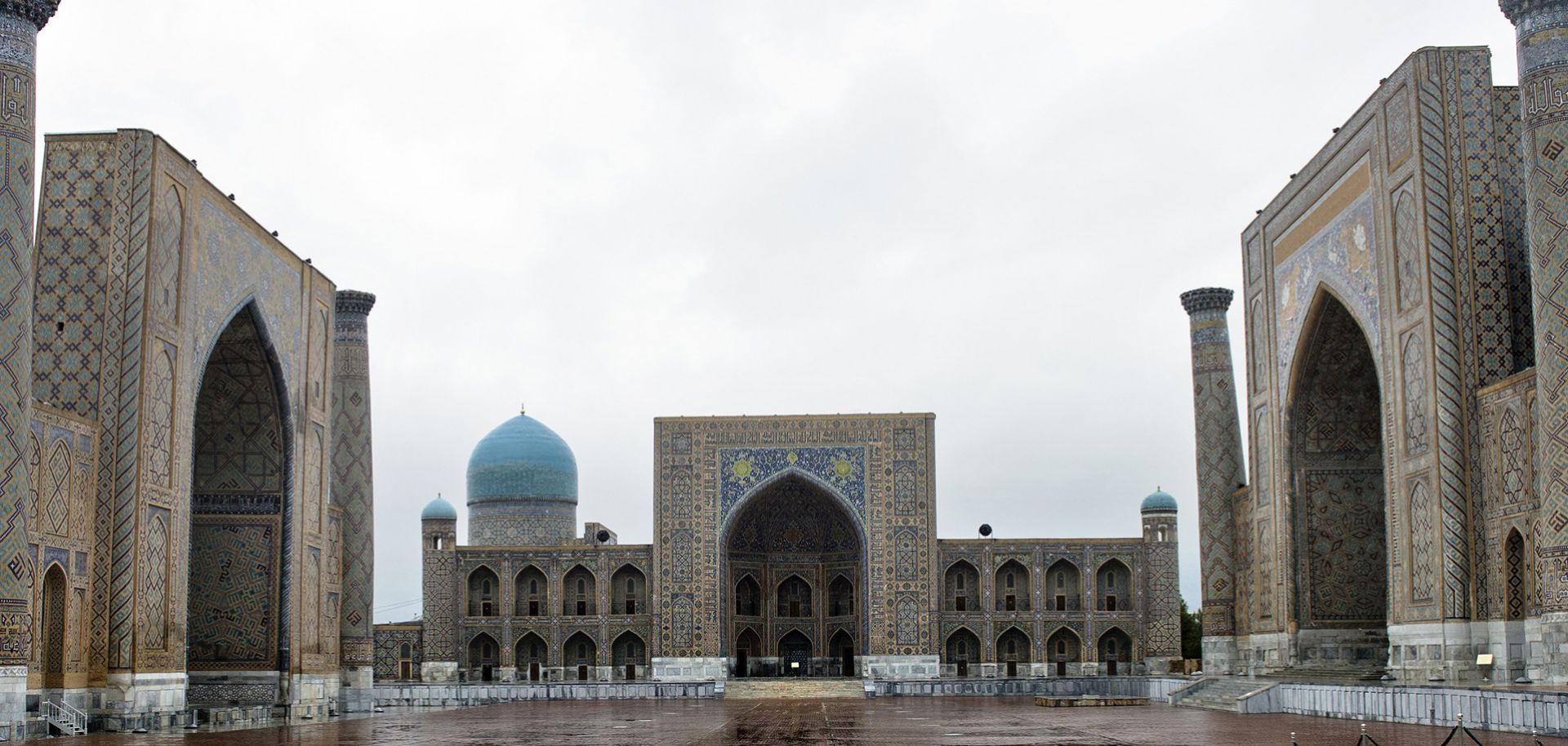ASSESSMENTS
A History of the Uzbeks: From the Silk Road to the Soviet Union
Aug 29, 2016 | 21:15 GMT

(BRENDAN SMIALOWSKI/AFP/Getty Images)
Editor's Note
Longtime Uzbek President Islam Karimov died Aug. 29 after suffering a brain hemorrhage. Rumors of his worsening health were commonplace for years, leading to much speculation about who would eventually replace him in power. At 78 years old, Karimov ruled Uzbekistan even before the collapse of the Soviet Union. Like most other Central Asian states, he ruled with an iron fist, albeit with a veneer of democracy in later years. Who succeeds Karimov — and the way in which the transition of power occurs — will largely determine Uzbekistan's stability and its position in the region and the world.
In light of the emergent battle for succession now underway, we are republishing this three-part series on the clans of Uzbekistan and their role in the country's political and economic spheres, originally published Dec. 30, 2013. Part 1 examines the history of the clans and of Uzbekistan before and during the Soviet Union's rule over the country. Part 2 looks at the relationships and tensions among the clans in 2013 and how they affected the Uzbek political landscape. Part 3 examines outside players' interests in Uzbekistan and the potential exploitation of the clans' power struggle.
Subscribe Now
SubscribeAlready have an account?
